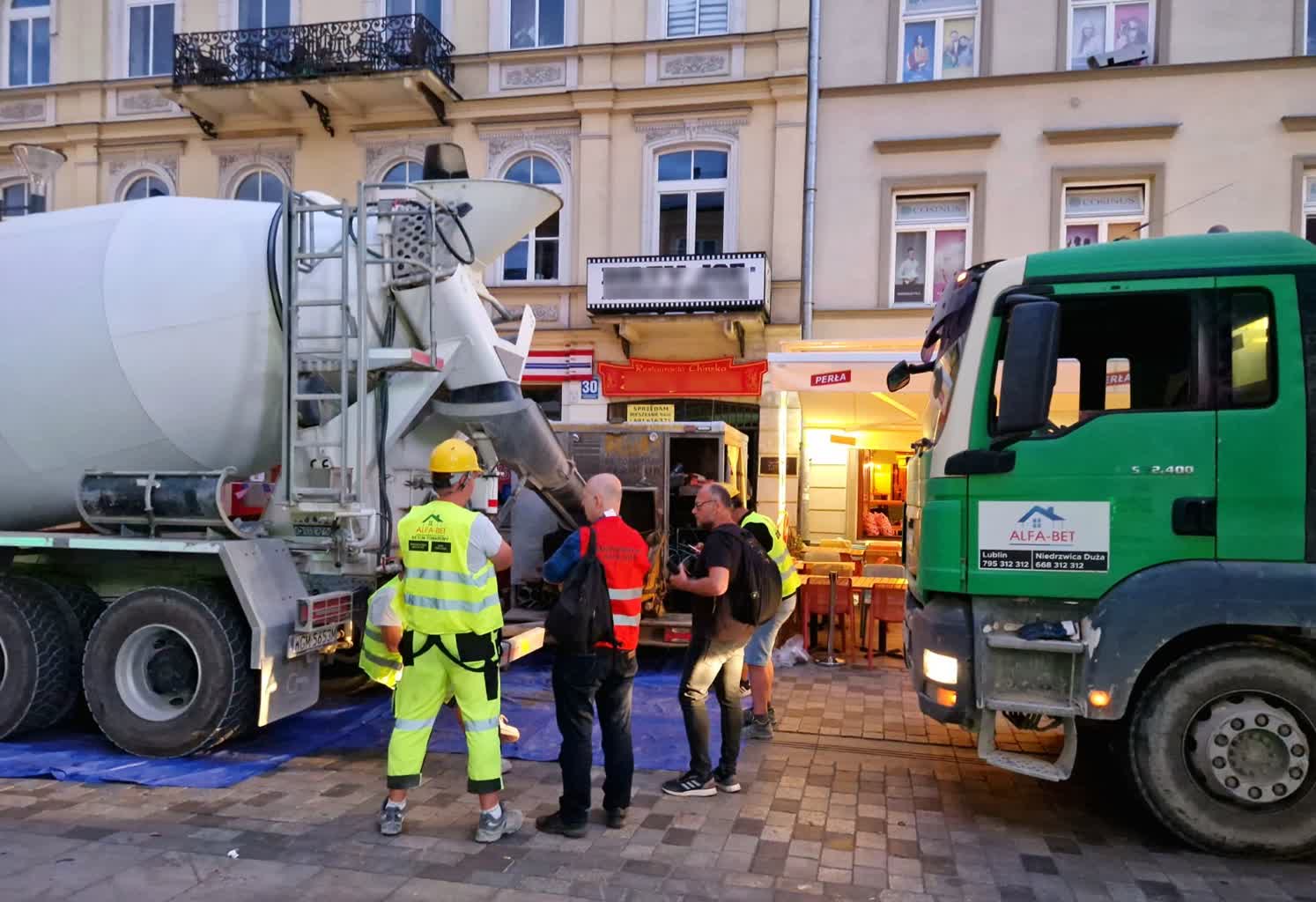
It is known from the household messages that the another 2 sons of Joseph, brothers Ignacy (1834-1889) of the 29th and Antoni (1843-1912) of the 20s, besides jointly and severally participated in the January Uprising.
Due to the unfortunate failure of many household documents, it is hard to recreate in item the insurgent destiny of the 3 heroic brothers. While studying their history, I was based on oral household messages of people who remembered it from older stories, and on the works of historians documenting the past of the January Uprising in the household areas – in Jedlnia, Kozienice and Radom. Of course, it took place in the back of the large forests of Kozienicka Forest, which frequently constituted a natural standing of guerrilla troops.
The 3 Siczków brothers fought most likely from the beginning of the Uprising, in the branch of Narcissus Figetti, who fought a successful conflict in Jedlna on the night of 22rd to 23rd January, disarming the Russian army's turn. This memorable conflict actually fought on the night before the outbreak of the Uprising was 1 of the first on the land of Sandomierz and Kraków. Further clashes of insurgents with Russian troops took place in April 1863. And so on 13 April, a column of nearly 1,000 Soviets from Russia struck Jankowski's ward from respective sides. He “took a hit” and thanks to a heroic fight he managed to get out of the lap, though he left respective dead and wounded in the square. Another skirmish took place on 20 April at the edge of the forest between Jednía and Brzóza Ożarowskie. They were attacking Moscow. Battlefield News of 30 April 1863, they wrote: “Our brave youths, though weary of their marches, decided to face the enemy 4 times as many as she was; the ward into the conflict line at the edge of the forest developed. The shooters have captured the enemy with a handgun. Our young shooters and fellow soldiers with the perseverance of old soldiers 3 times resisted the attack, so dense each time the Moscals inflicted losses that they took their will completely to the 4th strike... Our comparatively tiny branch accounted for losses." During these April fights, 16 insurgents were reportedly killed in the field, and 7 were injured and those Moscals were killing bayonets. In the cemetery in Jedln there was an insurgent grave.
In their history, the name of the heroic warden Dionysius Czachowski appears. At the turn of May-June 1863 after the conflict of Radzanov (28.V.) and at Białobrzeg (29.V.), he followed Kononowicz's way to Kozienic. possibly that's erstwhile the brothers Ignacy, Louis and Antoni joined his party.
Given the June arrest of Ludwik Siczek, as noted in the operative part of the later judgment, most likely the guerrilla of all the brothers ended after 1 of the May-June battles of the Czachowski Party, who fought at Bukowne (6.VI.), at Rusinov (8.VI.), at Ruda Przysusska (9.VI.), at Bobrze (10.VI.) and ended his march beaten at Ratajami, where he dissolved the ward while going to Krakow for treatment.
Translation into Polish of the operative part of the conviction given by Gen. A. Ushakov on Louis Siczek
24 June 1865.
Administration
War Chief
Radom Branch
No. 1677
24 June 1865.
m. Radom
War-court Commission
located in Radom
on political issues
In the case of a political criminal, the town of Kozienic, the territory of Radom, Louisa Siczka, it was found that he had taken a individual part in the uprising in the Kingdom of Poland /Царстве Польском/, in an armed revolt, being in various gangs /разныхь шайкахь/ in which he actively participated in fighting against our troops for this he was arrested in June 1863. The gypsum escaped from custody to Austria, where he hid to hand him back to the Kingdom of Poland in 1965.
For exceeding those... I category of territory regulation for No 165 manage:
A criminal. I'm going to put her in jail for 3 years deep down Russia and tell her to take me out.
War Chief
General Lejtnant Uszakov
It is besides not excluded that after his escape from detention (which besides notes the operative part of the sentence), Louis Siczek returned to the fresh branch formed by D. Czachowski and continued to fight with him until the defeat at Koscielna Krępa/Jawor Solecki on 6 November 1863. It is besides possible that the Siczków fought in the troops of Władysław Eminowicz or Jan Rudowski, operating on the border between Mazovia and Sandomierz land, and after the subsequent dissolution of the party, Louis sailed the Vistula River under Opatów and was interned, like many others, by Austrians in Tarnów and then in Olomouc, and after the collapse of the uprising subsequently released to the Russians and returned to Radom. The another 2 brothers hid and yet managed to avoid the punishment by coincidence.
This copy of the household paper is simply a conviction issued by Gen. Alexander Uszakov, serving during the January Uprising as the war chief of the Radom branch, convicting Louis Siczek for 3 years in detention camps in the depths of Russia. After serving the punishment that Louis was expected to have done in the European part of Russia somewhere close Wiatka (today Kirov), he managed to return to the Kingdom of Poland to his home. It is believed that Louis Siczek was treated by the Russian authorities as a man from the commune. This could have resulted in a seemingly milder sentence, although of course the “carriage-carriage-years” were dense forced labors, for many ending tragically. It is estimated that this kind of sanctions affected about 6000 Poles.
The plaque in the parish church at the call of St. Nicholas in Jednín, commemorating the Siczko brothers – January insurgents and images from the household archive symbolizing the struggles of Poles to regain independency in the 19th century from the household archive.
✸
Ignacy Siczek, the eldest of 3 brothers, was my great-grandfather on Mom's side. This historical accession to the uprising of my venerable ancestors caused that during 1 of the household reunions (1980-06-29) in a beautiful parish church under the call of Saint Nicholas Bishop in Jedln, a commemorative plaque was built, which is simply a evidence of crucial and full of glory of fragments of household and local patriotic tradition. It was a motion of genuine household solidarity from the household organizers of the event — but I besides think it was a broader solidarity — patriotic and national. possibly a somewhat remarkable coincidence, the walling of this patriotic plaque took place erstwhile it was coming full of strikes in July, and behind it memorable Polish solidarity August 1980.
This household history, a modest link in the chain of large events of the past of Poland, I have recalled here, due to the fact that it is part of this large tradition of human, Polish and global independency of solidarity, which besides appeared during the January Uprising.
The view remains that the January Uprising was the consequence of Poles to the cynical and violent words of Tsar Alexander II during his visit to Warsaw on 25 May 1856: “I want that the order introduced by my father should not be violated in anything. Point de raveries, messieurs!‘ any say that it was a search for salvation in a desperate and incalculable battle. nevertheless to measure them, it is worth recalling and recalling before our eyes, the contemporary ones, that it had a strong adequate gust of a large spirit of romance, that many heroic people decided to co-create this solidarity tradition with Poles. The insurgent ranks were fought by people of different nationalities, who felt the loving request to show their solidarity with the Poles: Emil Andreoli; Stanislao Bechi; Matwiej Bekishkin; Léon Young de Blankenheim; Louis Caroli; Émile Faucheux; Paweł Ganier d`Aubin; Menotti Garibaldi; Déodat Gabriel Lejars; Stefano Elia Marchetti; August Maximilian Myhrberg; Francesco Nullo and Garibaldians; Edward Nyáry; Alfons Parvex; Andrii Potebnia; François de Rochebrune – these are just about 16 names that are mentioned a small more widely by historians, and, after reading many memoirs from the January Uprising, we besides encounter other, frequently unknown foreigners, with a “Polish cause”, who have not hesitated to endure for it and to give blood for it.
Hello to their memory!












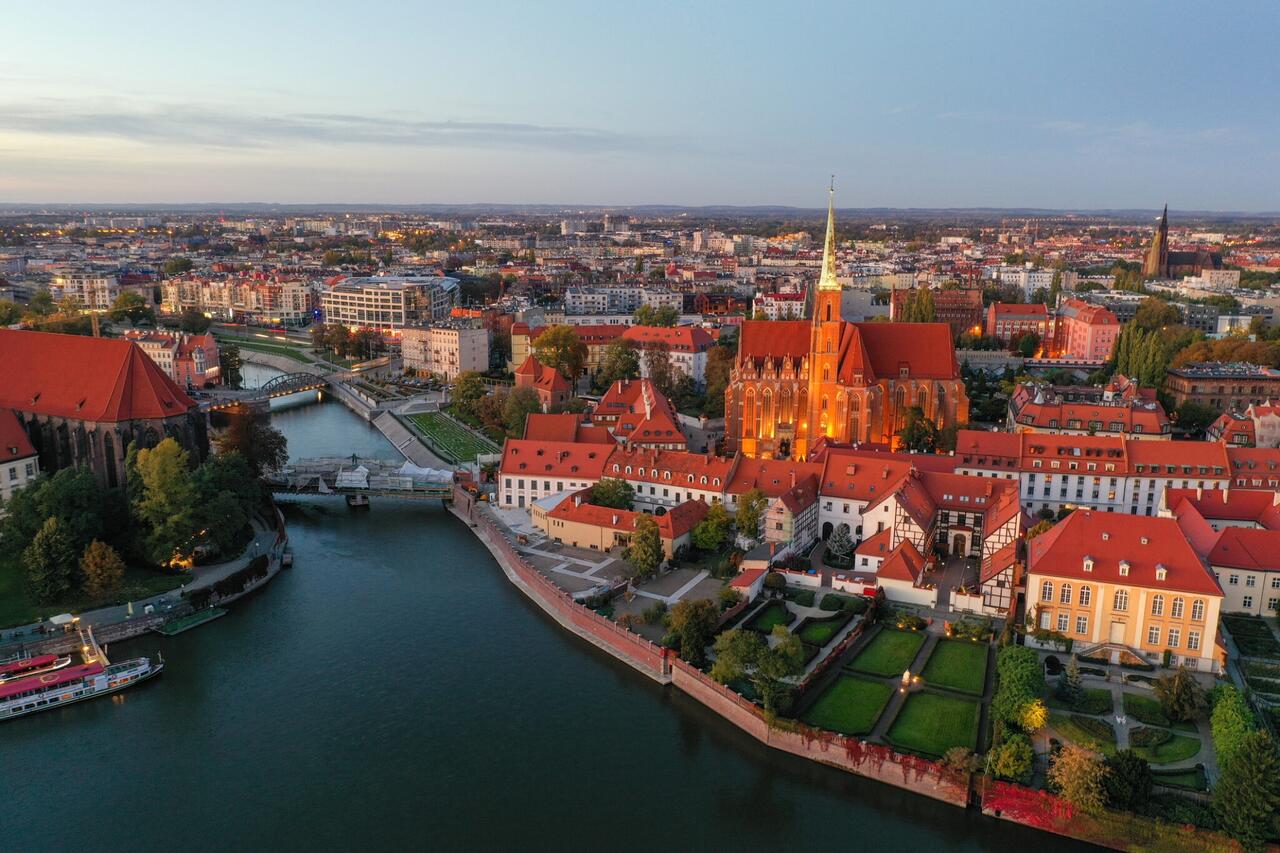
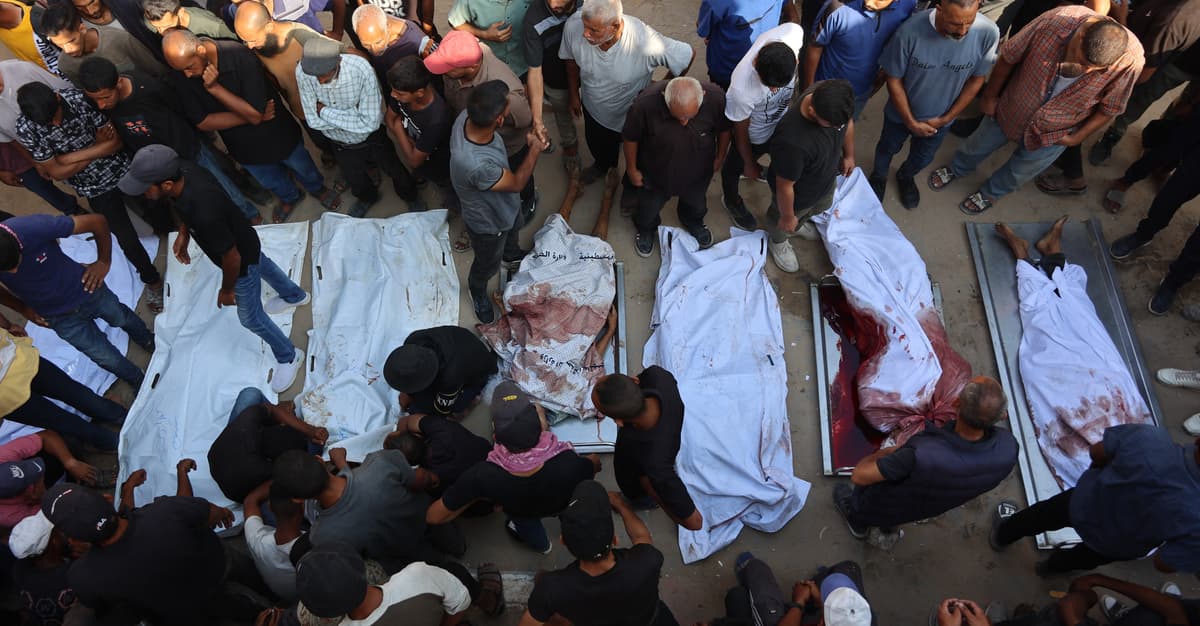


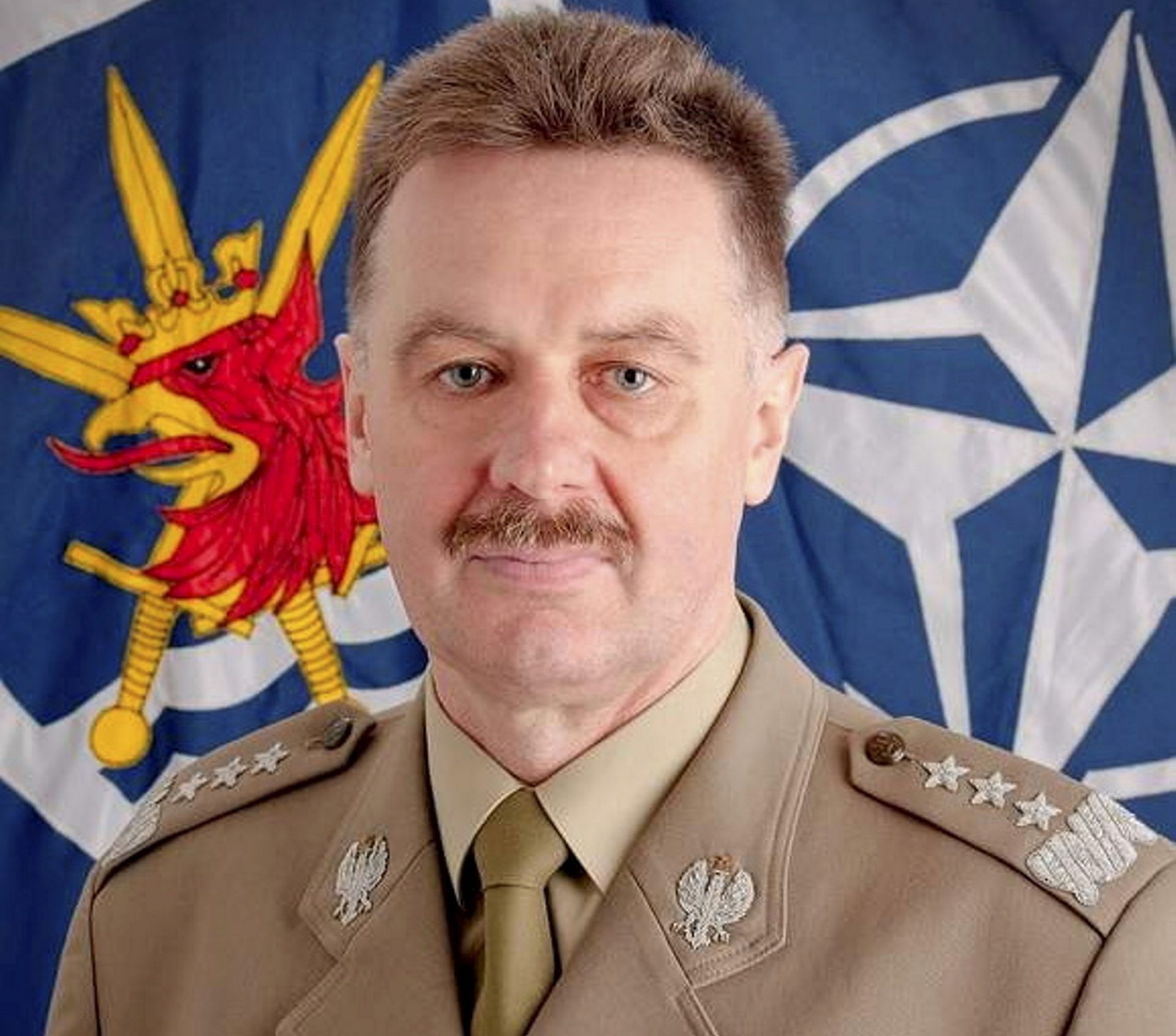
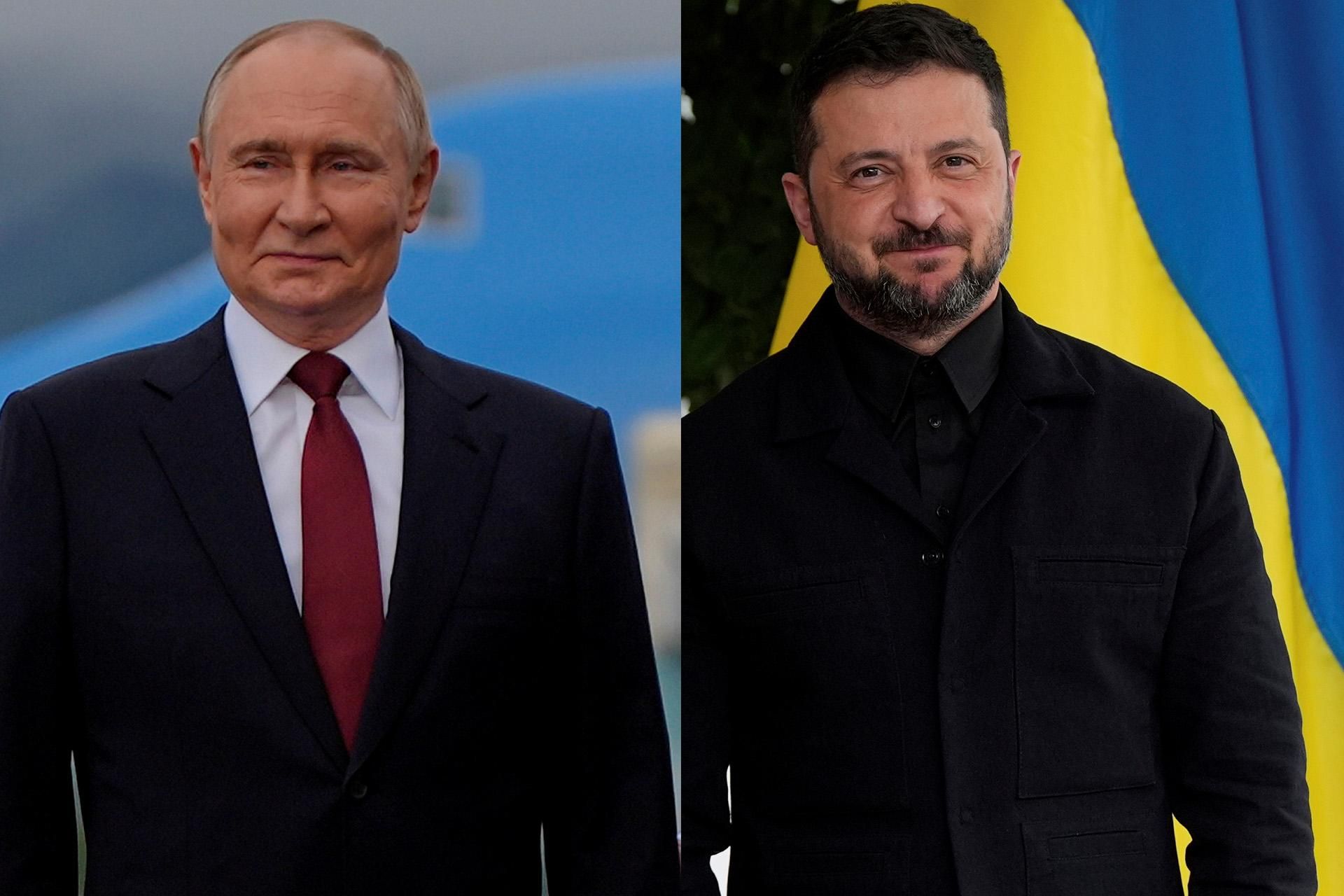





![Eurobasket 2025 wyniki. Terminarz [NEWS AKTUALIZOWANY]](https://i.iplsc.com/-/000LHYZDBL1CODT2-C461.jpg)
